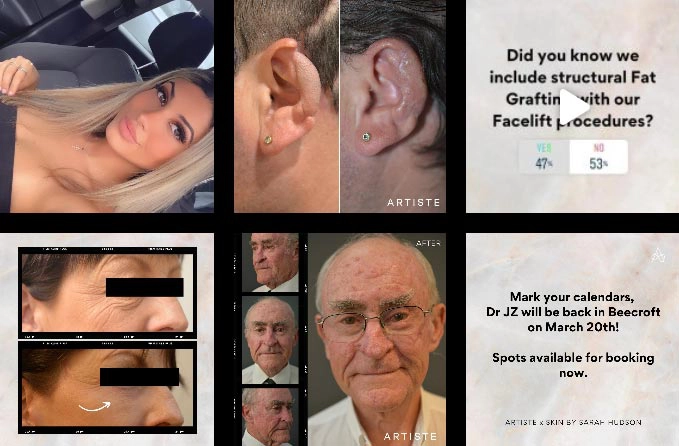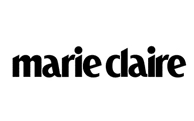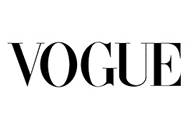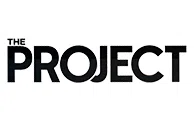Why Is Korea Considered “The Plastic Surgery Capital” Of The World?
Model featured in photography

The connection between Koreans and plastic surgery is a topic of significant interest, driven by cultural, social, and economic factors. This blog aims to explore these factors behind this phenomenon. It is important to note that the information provided is general in nature and should not replace a personalised consultation with a qualified professional for individual advice.
Emphasis on Beauty Standards
The question often arises: do all Koreans do plastic surgery? While not everyone undergoes such procedures, cosmetic procedures are relatively more widely accepted in South Korea than in many other countries.
Physical appearance is often seen as a reflection of self-care and effort, influencing how individuals are perceived in various social contexts. This cultural perspective, combined with a longstanding appreciation for aesthetic harmony, has contributed to the popularity of cosmetic procedures.
South Korean beauty standards often highlight features such as smooth skin, a small nose, double eyelids, and a V-shaped jawline.
Mainstream Acceptance of Cosmetic Surgery
In South Korea, undergoing cosmetic surgery can be considered as widely normalised. Procedures are often viewed as a way to make subtle changes in one’s natural features rather than as a drastic alteration. This societal acceptance has reduced the stigma often associated with cosmetic procedures, making it more common for individuals to openly discuss and consider these options.
Accessibility and Advanced Technology
The accessibility of cosmetic procedures in South Korea is another factor contributing to its reputation. A combination of advanced medical technology, skilled practitioners, and competitive pricing has made South Korea a global hub for cosmetic surgery.
The Influence of Media and K-Culture
The rise of K-pop and K-dramas has amplified South Korea’s beauty standards on a global scale. Celebrities and influencers often embody the ideal aesthetic, inspiring fans to explore similar features. Social media platforms also play a role, showcasing before-and-after transformations,
While the media’s influence can inspire positive changes, it is essential for individuals to critically evaluate their motivations and seek professional guidance when considering any form of cosmetic procedure.
Consultation and Personalised Advice
Every individual’s goals, preferences, and circumstances are unique, making personalised advice from a qualified professional crucial. If you are considering cosmetic procedures, prioritising your health, safety, and well-being is essential. Take the time to research about the procedure, including its potential risks, benefits and more. Choose a practitioner who aligns with your values and needs, and ensure you follow appropriate guidelines for a safe and informed experience.
In Australia, patients considering cosmetic surgery are required to obtain a referral from a General Practitioner (GP) to ensure their overall health is thoroughly assessed. Additionally, individuals undergo BDD screening to evaluate their mental well-being and suitability for surgery. These steps ensure a holistic approach to patient care, prioritising both physical and emotional health.
For personalised guidance about cosmetic surgery options, reach out to our Specialist Plastic Surgeon, Dr Jack Zoumaras. He can assess your individual circumstances and provide detailed information about the possible options for you. Book a consultation today.
Disclaimer: At Artiste Plastic Surgery, our Plastic Surgeons led by Dr Jack Zoumaras have been trained to the highest possible degree. All surgery has risks and it is always advised to get a second opinion. Risks are very real and we cannot guarantee any result. Results are illustrated as a guide only. All risks are managed and any need for revision surgery or complications (1-5%) can be managed by our specialist plastic surgeons.
Any statements on how you will feel is based on Level V Evidence:
Level V: How you will feel after plastic surgery varies between individuals, depending on psychological and physical factors. Our internal research is based on how patients in our practice feel after surgery.
The blogs are not a substitute for a medical consultation and do not form as part of the doctor to patient relationship.
SHARE THIS ARTICLE
Jul01
Facelift Recovery Tips: What Speeds Up Healing and What to Avoid
Disclaimer: At Artiste Plastic Surgery, our Plastic Surgeons led by Dr Jack Zoumaras have been trained to the highest possible degree. All surgery has risks and it is always advised ...
Jul01
How to Prepare for Facelift Surgery: What to Do Before Your Big Day
Disclaimer: At Artiste Plastic Surgery, our Plastic Surgeons led by Dr Jack Zoumaras have been trained to the highest possible degree. All surgery has risks and it is always advised ...
ABOUT ARTISTE
Artiste Plastic Surgery is an Award Winning Specialist Plastic Surgery practice led by internationally trained Dr. Jack Zoumaras, Plastic Surgeon and Peer Reviewed Face Surgeon
Artiste offers the latest Cosmetic Surgical Procedures of the Face, Breast and Body, inspired from leading centres around the world.
STAY IN THE LOOP
Enter your email address below to receive updates on new articles and VIP access to promotions and special offers.
FOLLOW US ON INSTAGRAM










